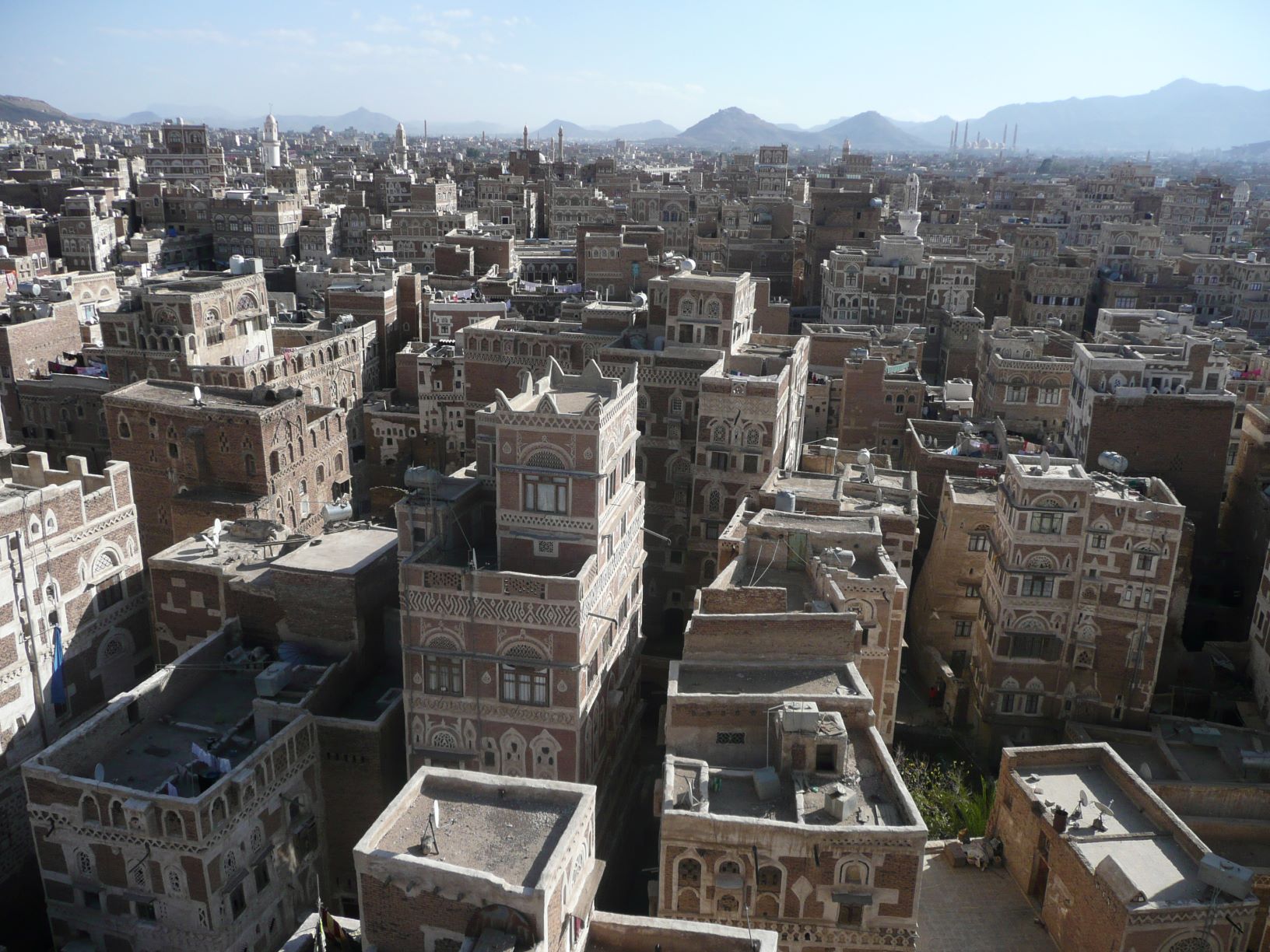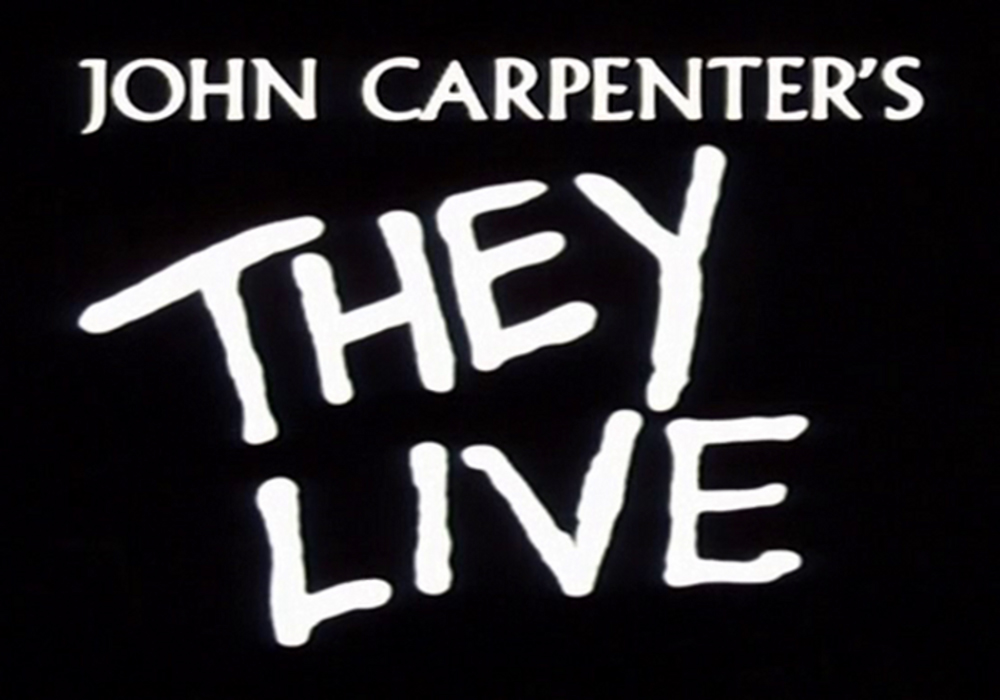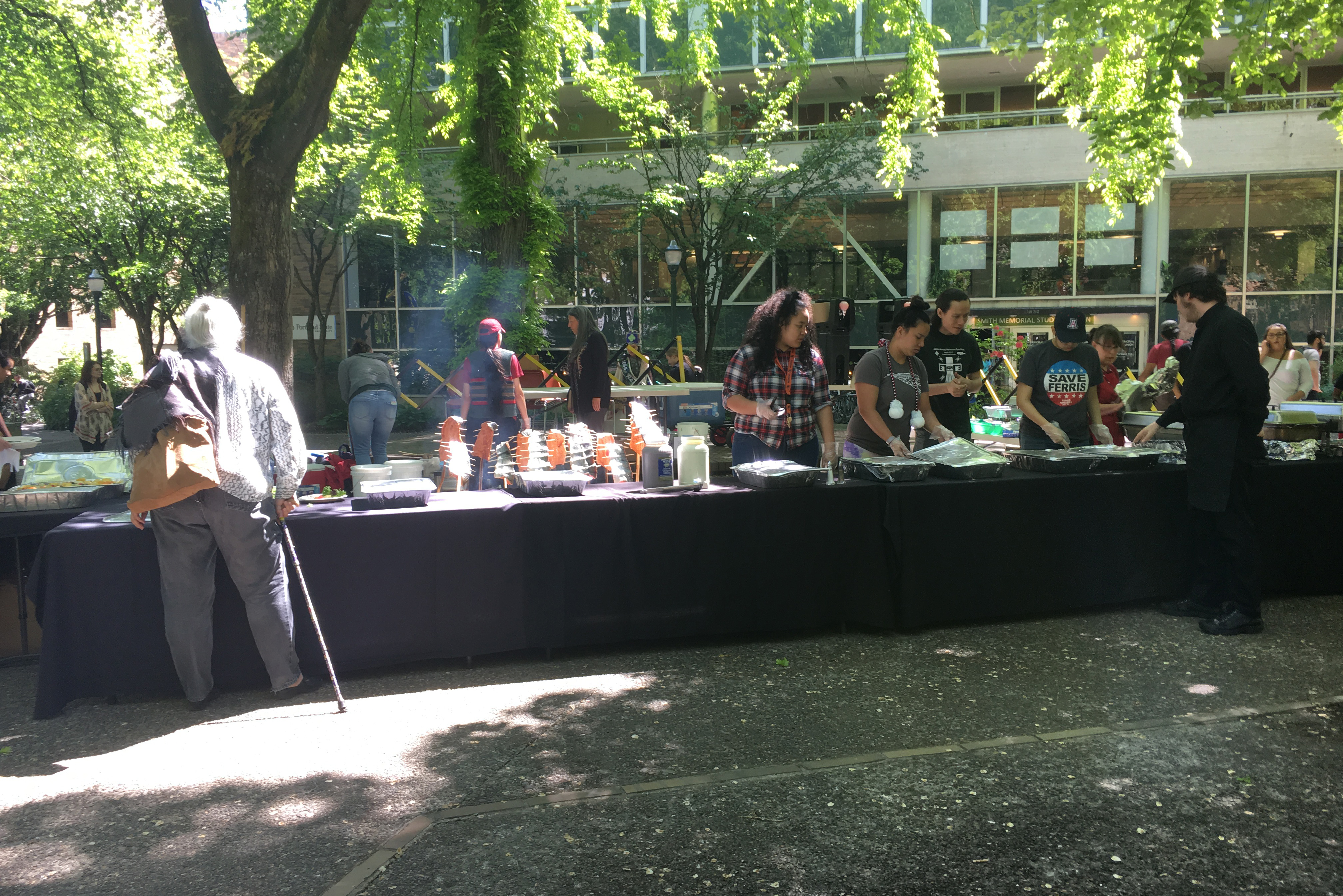March 26 Yemen: Thousands of Yemenis came to the capital city of Sanaa in support of the Houthi rebel movement amid the ongoing conflict, Deutsche Welle reported. It’s been four years since the Saudi Arabia-United Arab Emirates coalition began its intervention backing the Yemeni government against the Iranian-backed Houthis. Demonstrators gathered in al-Sabeen Square, waving the national flag while chanting slogans with some carrying pictures of those who had been killed in Saudi-led airstrikes. On the same day as people gathered in the square, an airstrike hit a rural hospital, killing seven people.
March 29 Egypt: A leading Egyptian rights activist who was sentenced to prison five years ago for incitement and unauthorized protests has been released, according to Al Jazeera. Software engineer and blogger Alaa Abdel Fattah was a prominent pro-democracy voice during the 2011 Egyptian Revolution. In November 2013, he was arrested for organizing an illegal protest and assaulting a police officer despite phone records proving he was not present during such protest. Though he has been released, he will be required to report to a police station every day where he will sleep for the next five years.
March 29–30 Afghanistan: Over 30 people were killed in separate attacks across Afghanistan as the Taliban struck a number of security checkpoints. In the province of Zabul, four police officers were killed and two wounded when Taliban opened fire at their checkpoint on March 29.
In the eastern province of Ghazni the next day, four students aged 10–16 were killed in an explosion when a mortar hit their school, while 15 other students and two teachers were wounded, as reported by Deutsche Welle. In a separate incident in the same province, nine police officers were killed in a follow-up ambush while six were wounded. Al Jazeera reported Taliban militants took over the Arghanj Khaw district center in the Badakhshan province after two days of fighting, killing at least 12 of Afghanistan’s security forces while five were wounded and another five were taken hostage. Afghan media outlet TOLO News reported that while First Vice President General Abdul Rashid Dostum was ambushed in one of the attacks, he escaped unharmed.
March 30 Slovakia: Slovakia made history on March 30 after electing their first female president in a contentious run-off election. Lawyer, activist and anti-corruption candidate Zuzana Čaputová won Saturday’s election against the high-profile diplomat and member of the European Commission Maroš Šefčovič, despite the fact he was backed by the ruling party Direction–Social Democracy (SMER). According to BBC, Čaputová won 58 percent of the vote after much speculation of her victory following public opinion polls. The election comes a year after prominent investigative journalist Jan Kuciak along with his fiancé Martina Kusnirova were murdered just as Kuciak was about to publish a report connecting a number of Slovak politicians to corruption and organized crime. According to Al Jazeera, the murder has caused voter disillusionment and was even cited by Čaputová as one of the reasons she decided to run for office. She will take officially take office in June.
March 31 Ukraine: Polls opened in Ukraine as voters came out to choose the next president. The 2019 elections saw a comedian, chocolate manufacturer and former prime minister among 39 total candidates running for office. Deutsche Welle reported the top candidates were actor Volodymyr Zelensky, incumbent President Petro Poroshenko and former Prime Minister Yulia Tymoshenko—not to be confused with another candidate Yuri Tymoshenko. According to Reuters, the first round of exit polls showed Zelenskiy winning 30.4 percent of the vote, with Poroshenko receiving 17.8 percent and Yulia Tymoshenko receiving 14 percent. Because the candidates need at least 50 percent of the votes to win, the election is likely to lead to a run-off between Zelenskiy and Poroshenko. Of Ukraine’s 35.9 million registered voters, only 16 percent turned out to cast a vote, according to the country’s Central Election Commission.
When I first came to PSU, I was a Chinese major, having studied three years prior in high school alongside French and Japanese. After the first year, I took a hiatus. I don't believe in going to college straight out of high school, but it's what was expected. I returned a few years later to study Japanese at PCC and Arabic at PSU. I am now a junior majoring in International Studies: Middle East and Arabic. In the future, I would like to work as a journalist or humanitarian aid worker in the region, helping people who lack economic and political backing and media exposure.






